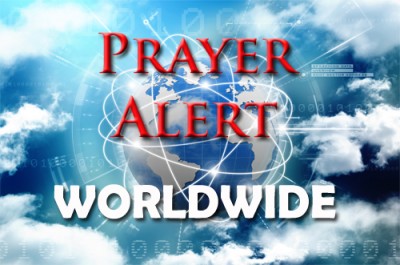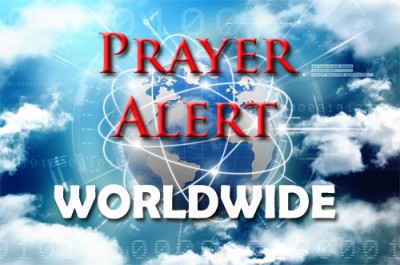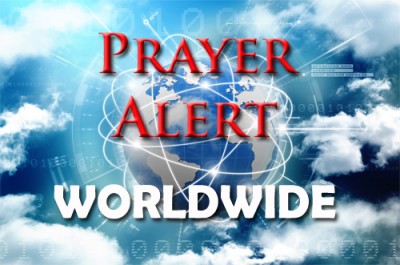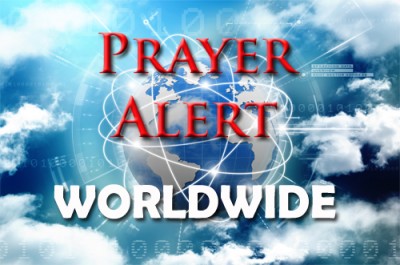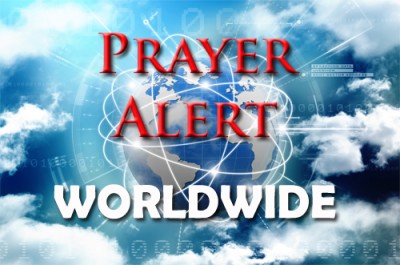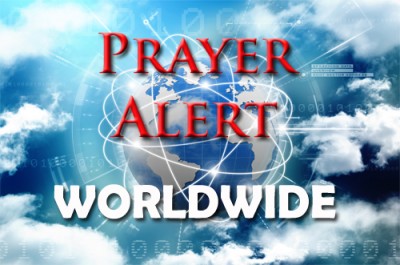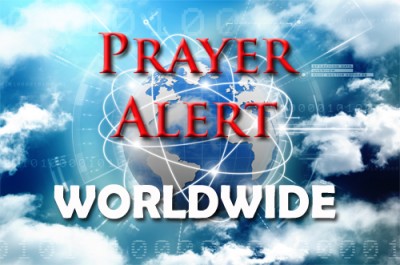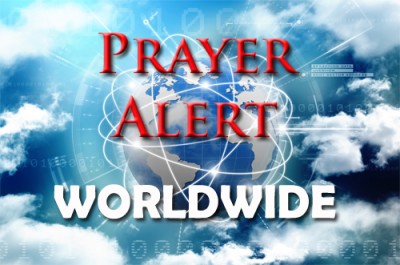East Asia Younger Leaders Gathering
07 Jun 2019220 younger leaders from China, Mongolia, Korea, Japan, Taiwan, Macau, and Hong Kong gathered from 25-28 March in South Korea, for the first-ever Lausanne East Asia Younger Leaders Gathering. Young leaders from every region of East Asia found friendship across and within dividing lines and rediscovered the power of faithful communal witness, focusing on ‘The Essence of the Gospel - Unity in Diversity’. Nearly a quarter of the world’s population live in East Asia, with its full spectrum of political, cultural, geographical, and religious diversity. Their history is fraught with longstanding animosity between nations; but Christianity in the region is full of cross-pollinating friendships. The Korean translation of the Bible was born in China and one of the first leaders of the Korean church was discipled by a Japanese Christian. Today the East Asian Church is utilising the hands and feet, ears, brain, mouth and heart, to bring the gospel to East Asia and beyond - no matter the cost.
Iraq: Displaced elderly Christians
07 Jun 2019Displacement by IS has inflicted trauma on Iraq’s Christians, particularly the elderly. Reconstruction goes on, but for elderly believers, displacement has placed them in a living coffin. Their relatives have fled the country and many are completely alone and unable easily to access the aid available to others more mobile. Sara doesn’t know her age, just the memories of at least 60 years gone by. Looking at her tattered furnishings, one would never know that until very recently, Sara’s life was completely different. She lived comfortably in a beautiful house surrounded by family. Now, sickness traps her in this small closet and her family is scattered across the world. Sara is alone, with only the Rubik’s Cube in her hands to keep her company. Her front door is slightly ajar, a signal of hope that someone will walk by and choose to pass the time with her.
Australia: Water shortage crisis
07 Jun 2019Western and central New South Wales faces a water crisis within months unless it rains. The Murray-Darling basin in south-eastern Australia has two rivers (Murray and Darling) draining 1/7th of Australia’s land mass. They expect 10% reduced water entitlements in Australia’s most significant agricultural area. In 114 years of record-keeping, 2019 is among the driest years and it is getting worse. The NSW government sent 13 representatives to towns to discuss their water supplies and assess the impact of the prolonged and severe drought on businesses. Burrendong Dam is at 5.9% capacity and even with water restrictions, will be empty within 12 months. There is no ground water to be accessed by bores. Authorities are considering building emergency pipelines. The Bureau of Meteorology has put Australia on an “El Niño WATCH. Meaning a 50% likelihood of El Niño developing. Meanwhile India focuses on acute water challenge in major cities. See
Sudan: Bloody attack on protesters
07 Jun 2019Tens of thousands of protesters had camped outside Khartoum’s military headquarters since 6 April as protesters and military officials negotiated a transitional government. Protesters want ‘limited military involvement’ in civilian rule. The ruling generals refused to relinquish power. On 3 May negotiating stopped and security forces attacked the sit-in camp, shooting randomly as people ran for their lives. The military blocked all roads, hundreds were arrested and tents at the sit-in were set on fire. A doctors' committee reported on 4 June, ‘40 bodies were pulled from the Nile River and the number of those killed was at least 108’ but warned ‘it was likely to rise; more than 500 were wounded’. Pro-democracy protesters vowed to keep up their campaign, calling for total civil disobedience to paralyse public life across the country. Many analysts believe the military rulers are influenced by powers outside Sudan(Egypt and Abu Dhabi). The bloody assault risks an escalation..
Global: Mercy Ships in partnership with UCB
07 Jun 2019Sadly, two out of every three people worldwide can’t get safe, affordable, timely surgery. Most of these people live in sub-Saharan Africa – people like mother and daughter, Valerie and Edith. Valerie lived with an enormous tumour on her face for nearly 20 years, but her heart didn’t break until she saw a similar lump growing on her daughter Edith’s face. To watch their story click the ‘More’ link. Mercy Ships believes everyone deserves access to safe, affordable medical care. They use the world’s largest charity hospital ship to deliver free, safe medical care to some of the world’s poorest people. They also train local doctors and medical professionals, enabling them to make an impact that endures long after their ship departs. Mercy Ships has helped the lame walk and the blind see, sharing God’s love and healing all around the world.
Images of a controversial administrative order went viral across Iranian social media in recent days, enraging large sections of the country's religious minorities and causing widespread public outrage. Iranian authorities had to revise the official order that sought to ban religious minorities from teaching at government-run kindergartens. A Zoroastrian parliamentarian reminded the government of a paragraph in the Iranian Constitution which advises against any form of discrimination and calls for equal opportunities. He also demanded Iran ‘will no longer witness such inhumane and unethical decisions against the followers of divine religions.’ Iran's religious minorities have experienced widespread discriminatory policies and practices. In particular, Baha'is, Zoroastrians, Sunni Muslims and of course Christians.
Windows International Network reported, ‘Christian churches are locked down, Believers are threatened and beaten, homes are invaded, Bibles are confiscated and destroyed, pastors are imprisoned’ and ‘the Muslim persecution of Christian Believers has drastically increased since 2017.’ Algeria is a former French colony, and the French government is so disturbed by this new intolerance that the French parliament has officially opened an inquiry into persecution of Christians in Algeria which has risen to number 22 on the 2019 Open Doors World Watch List of the worst persecutors of Christians in the world. Pray for Christian believers as they face increased persecution and the pastors who are imprisoned to be sustained by the Holy Spirit. Pray also for Muslim-background Christians to be strengthened in their witness to family and friends.
USA: Worker kills 12 colleagues
07 Jun 2019A mass shooting is when two or more people are shot in one incident at one location at roughly the same time. Since 1 January 2019 Wikipedia reports 150 mass shootings, causing 161 deaths and 585+ people wounded in the US. The most recent saw 12 people killed and several injured at a government building in Virginia Beach Municipal Centre. This tragedy happened just before the National Gun Violence Awareness Day on 2 June. Many want to see an end to the easy access to guns which frequently brings schools and cities across America to prominence for all the wrong reasons. Pray into America’s gun law situation.
